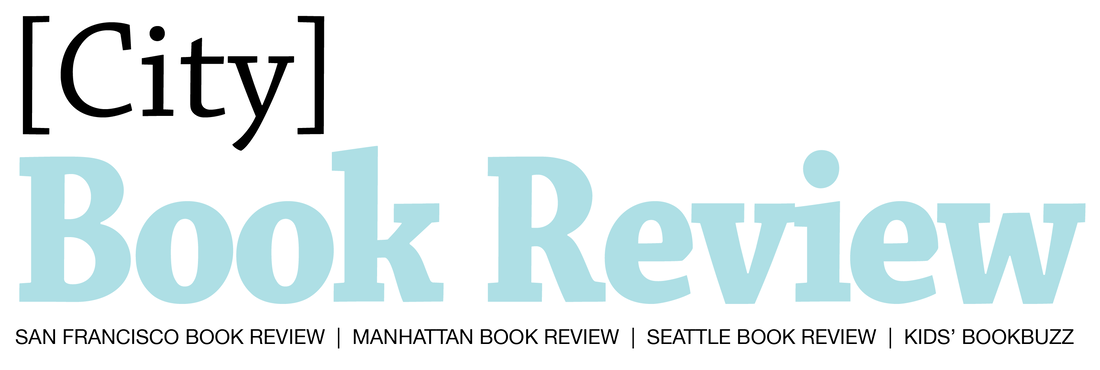|
"Armed with a stolen samurai sword and a dark family history, Adrian Green embarks on a soul-searching journey of redemption to Japan in Michael R. French’s Ghost With Two Hearts. Confronting the intricacies of Japanese culture and the intrusion of ghosts, he grapples with the fine line between reality and obsession. It’s a captivating exploration of one man’s journey of self-discovery in a richly evoked if unfamiliar land.
0 Comments
"Eclectic and engaging, French seamlessly weaves fascinating facts about Japanese culture and Shintoism into his insightful and original narrative. A novel that is both character-rich and page-turning, this story will have readers yearning to explore and discover Japan, acting equally as an exquisite work of travel writing and a compelling work of contemporary fiction." Self-Publishing Review, ★★★★½
Read the full editorial review at: https://www.selfpublishingreview.com/editorial-reviews/  Like most of my friends as well as the entire planet, the easiest way for not volunteering or committing to do something is to say, “really sorry, but my time is not my own.” This usually calms feelings of disappointment, and for me it’s always the truth. As a society, we generally find it hard to say “no.” Yet we’re already stretched thin by work, personal responsibilities, putting out fires, and taking care of mind and body. Common sense about survival fails to come to our rescue.  The relationship between characters and plot in any novel is pivotal and tricky. A story is often plot driven but what I remember most when I finish a satisfying read are the characters. Of course, good plots make characters memorable—how they get in and out of jams, express or repress their emotions, and make sacrifices—but down deep I just like who they are above and beyond what they do. They may start out as the “tail” but they end up as the “dog". |
MRF BlogMichael's thoughts on writing, politics and everything in between. Archives
November 2023
Categories
All
|
|
Michael R. French graduated from Stanford University where he was an English major, focusing on creative writing, and studied under Wallace Stegner. He received a Master's degree in journalism from Northwestern University. He later served in the United States Army before marrying Patricia Goodkind, an educator and entrepreneur, and starting a family.
|


